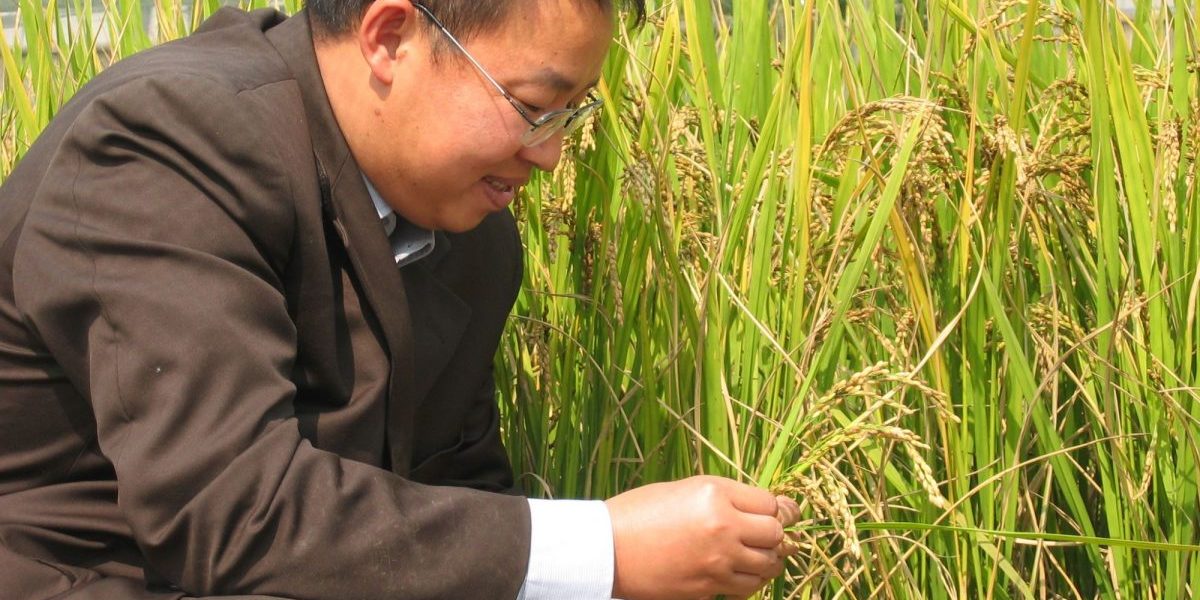Since then, the figure has increased to 25 and it will likely increase again in the future. One of the main goals of the demonstration centers is to share the experience of China’s technology-driven agricultural modernization with African countries. This paper uses empirical evidence from the Dakawa center in Tanzania to examine the role of these centers in diffusing selected agro—technologies to local farmers. The Dakawa center has struggled to balance the goal of technological diffusion with other interests, most notably the manifestation of China’s soft power and its commercial goal of operating a financially self[1]sustaining farm. Yet, despite these broad ambitions, the center has managed to contribute a great deal towards multi-actor efforts to lessen the information and knowledge barriers hindering the adoption of improved rice farming technology by farmers in Dakawa. Other barriers to technology adoption, including financial constraints and socio-cultural ties to traditional practices, necessitate that the demonstration center improve its collaboration with other related actors.








